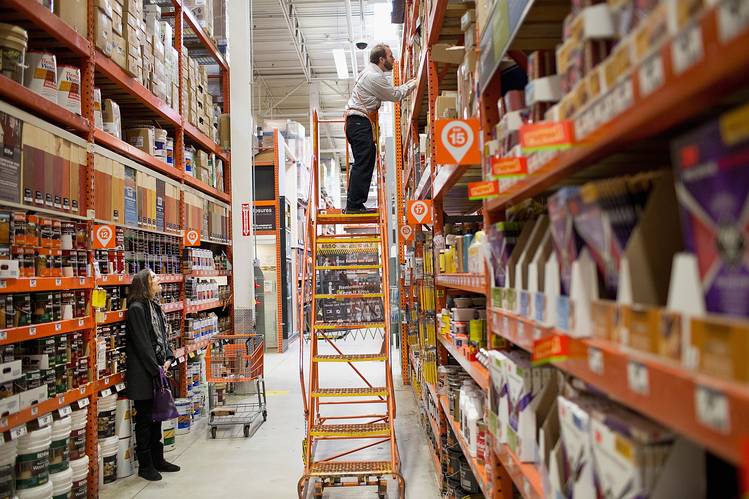- CPC Secures N2.5bn Redress for Aggrieved Nigerians
The Consumer Protection Council has secured redress worth over N2.5bn for consumers in the country this year.
The amount represents total refunds and compensation granted in redress for 4,000 resolved complaints out of the total 5,000 received from consumers about unsatisfactory services and products rendered by corporate organisations in the country.
Presenting the council’s report for 2016 in Lagos on Wednesday, the Director-General, CPC, Mrs. Dupe Atoki, said under enforcement, the total value of substandard products removed from Nigerian markets was over N242.3m, with foods and beverages taking the lion’s share of over N200m, and tobacco with the least value of N300,000.
She stated that the N2.5bn included foreign currencies valued at $31,948.87 and €1,406 recovered for aggrieved consumers who complained to the council.
Financial services recorded the highest value of the total amount, while insurance and pensions had the least.
Atoki said, “Out of the 5,000 total number of complaints received in various sectors, 4,000 were resolved, while electricity/power and chemical and allied products sectors had the highest and least number of complaints, respectively.
“Under enforcement, the total value of substandard products removed from Nigerian markets was over N242.3m, with foods and beverages taking the lion’s share of over N200m, and tobacco with the least value of N300,000.”
A further breakdown of the value of seized products showed that substandard products worth over N202m were seized from malls, supermarkets and open markets, shops and warehouses, while the value of electrical and electronic products seized during the period was N40m.
“The intervention of the council in satellite television services focused on MultiChoice Nigeria Limited, out of which consumers have been enjoying improved services, while its actions in the hospitality services focused on VIP Express Tourism Limited, with its order for the refund of over N25m to over 60 of the company’s subscribers because of exploitative services,” she explained.

 Forex2 weeks ago
Forex2 weeks ago


 Naira1 week ago
Naira1 week ago
 Naira4 weeks ago
Naira4 weeks ago
 Company News4 weeks ago
Company News4 weeks ago




 Naira2 weeks ago
Naira2 weeks ago
 Billionaire Watch1 week ago
Billionaire Watch1 week ago




 Naira3 weeks ago
Naira3 weeks ago




 Naira1 week ago
Naira1 week ago






















